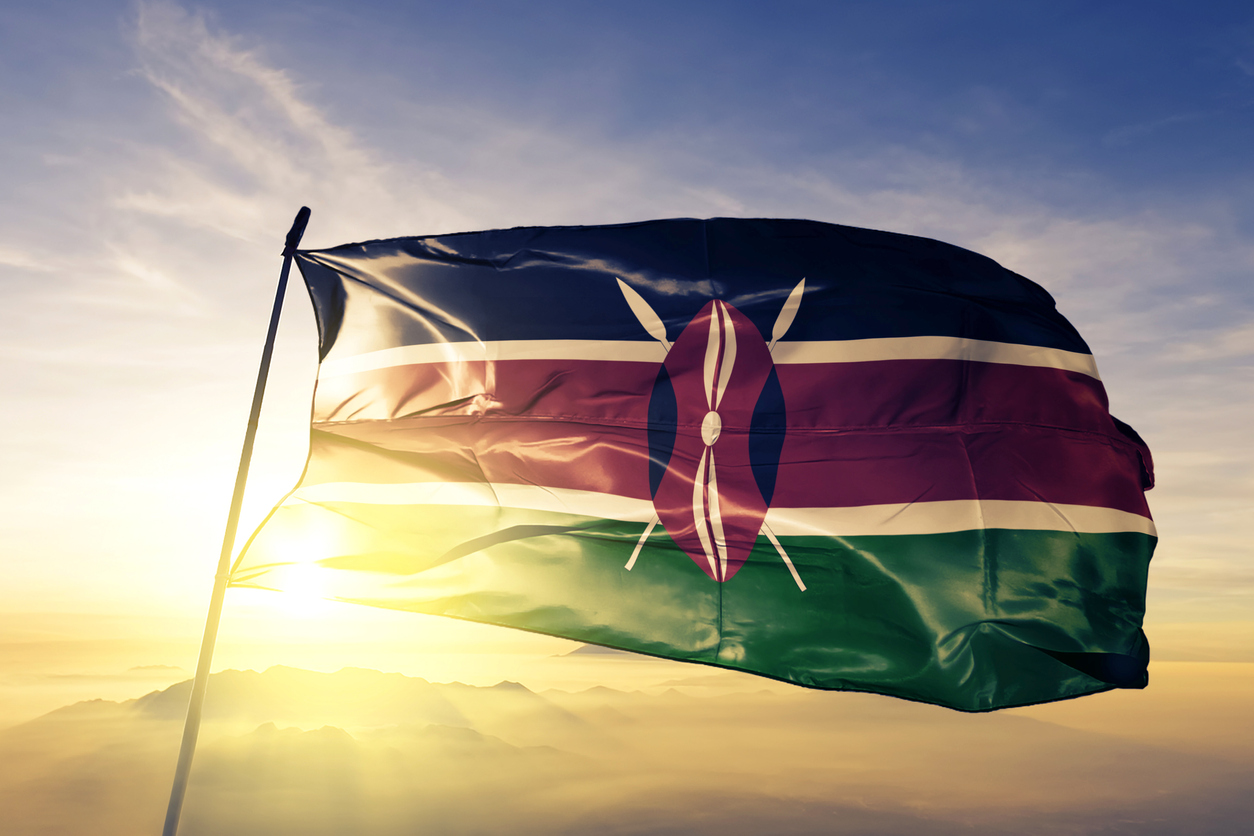An In-depth Guide to Shipping Goods From Norway to Kenya: What You Need to Know
An In-depth Guide to Shipping Goods From Norway to Kenya: What You Need to Know
Are you looking to ship goods from Norway to Kenya? If so, then you’re in the right place. In this in-depth guide, we’ll cover the basics of shipping goods from Norway to Kenya, as well as provide you with valuable tips and advice for making the process smoother and more cost-effective. We’ll discuss the necessary paperwork and customs regulations, key port information, and the best shipping methods and carriers available. We’ll also provide you with an overview of the general risks and challenges associated with international shipping, and how you can best mitigate them. By the end of this guide, you’ll have all the information you need to make an informed decision on the best way to ship your goods to Kenya from Norway.
Overview of shipping goods from Norway to Kenya
Shipping goods internationally can be a challenging process, with many factors to consider. There are many different logistics to be aware of, and a wide range of shipping companies to choose from. The first step is to determine the mode of transportation your goods will be travelling by. There are two main types of shipping: maritime and air freight. Maritime shipping refers to transporting goods by sea, while air freight refers to transporting goods by aircraft. The next step is determining the best place to ship your goods from. There are a number of factors to take into account when deciding where to ship from. For example, you’ll want to consider proximity to your final destination, as well as any additional benefits that come with shipping from that particular region. From there, you’ll want to identify which shipping companies operate in that region, and select the one that offers the best rates and services.
Necessary paperwork and customs regulations
The International Maritime Organisation (IMO) is the UN agency responsible for regulating shipping, as well as maintaining safety standards for the international maritime industry. They have put in place a set of rules and regulations known as the International Convention for the Safe and Environmentally Sound Transport of Hazardous Goods by Sea (Hazmat). This convention outlines the necessary paperwork and safety requirements for shipping goods internationally. It is important to note that these regulations apply to both maritime and air freight shipping. With that said, the conventions are slightly different for each mode of transportation. If you’re shipping goods from Norway to Kenya by sea, you will need to be aware of the IMO Dangerous Goods Code. This code outlines the types of products that are considered dangerous goods and the requirements each product must adhere to. For example, fertilisers are considered dangerous goods, and must be shipped in specific, approved shipping containers. You will also need to get the proper documentation to accompany your shipment, depending on the type of goods you’re shipping.
Key port information
If you’re shipping goods from Norway to Kenya by sea, the majority of your journey will take place in the high seas. This means that your ship will travel outside of national territorial waters. You can expect your goods to be in transit anywhere between 10 and 30 days. The main ports of entry for goods shipped from Norway to Kenya by sea are Mombasa and Dar es Salaam. There are three additional ports that are used less frequently: Nairobi, Kilindini, and Zanzibar. These are generally used for regional shipments, and less for international shipments.
Best shipping methods and carriers
If you’re shipping goods from Norway to Kenya by sea, you will likely travel on a General Cargo ship. These ships are designed to carry large quantities of commercial goods, as well as passengers. They typically have low-pressure, low-temperature, and low-oxygen atmospheres to protect the goods from certain types of damage. There are many different types of General Cargo ships, and they can be broken down into a few different categories. Liner ships are the largest category, and generally operate between Europe and the Americas. Tramp ships are smaller vessels that typically don’t follow a fixed schedule or route. Lastly, there are Short-haul Carriers (SCH), which are a hybrid of liner and tramp ships. These carriers are typically smaller vessels that operate on a fixed route.
Risks and challenges of international shipping
There are many risks and challenges that come with shipping goods internationally. These include: Delayed or missed shipments: This can be caused by a number of factors, including weather and port congestion. Inability to comply with customs regulations: Customs regulations can vary greatly from country to country, and can often be difficult to navigate. Damage to the goods during transit: This can occur due to a variety of factors, including poor handling and an unsafe shipping environment. These risks and challenges can be mitigated by working with a reputable shipping company. You should look for a shipping company that has a proven track record, and that has been in business for a number of years. You should also make sure that they are compliant with all necessary regulations and safety requirements. Additionally, you should try to find a shipping company that offers a wide range of services, including door-to-door pickup and delivery. This will allow you to save time and energy by having one company handle the entire shipping process.
Mitigating risks and challenges associated with international shipping
There are a few ways you can mitigate the risks and challenges associated with shipping goods internationally. You can start by making sure that all necessary paperwork is in order before your goods are shipped. This includes obtaining the necessary permits, as well as getting your goods classified and labelled properly. You should also make sure that your goods are packed properly, and that they are protected from the elements. You can do this by safeguarding them in a strong, water-tight container. Finally, you can mitigate the risks and challenges associated with shipping by finding a reliable shipping company. You should look for a company that has been in business for a number of years, and that has a proven track record. Additionally, you should try to find a company that offers a wide range of services, including door-to-door pickup and delivery. This will allow you to save time and energy by having one company handle the entire shipping process.
Tips for choosing the right shipping company
There are a number of factors you should consider when choosing a shipping company. Those include: The country the company is based in: You want to make sure that the company is based in a country with which Kenya has favourable trade relations. The company’s reputation: You can assess a company’s reputation by reading reviews from past customers, and by looking at ratings and awards they have received. The company’s services: You should look for a company that offers a wide range of services, including door-to-door pickup and delivery, customs clearance and documentation, insurance, and detailed tracking. The company’s rates: You should compare rates between various shipping companies, and look for a company that offers competitive rates.
Conclusion
Shipping goods internationally is a challenging process, but it’s also very rewarding. There is nothing more satisfying than knowing that your products are being enjoyed all around the world by people who appreciate them. The first step is determining the mode of transportation your goods will be travelling by. You’ll want to decide between maritime and air freight, as well as the best place to ship them from. From there, you’ll want to identify which ports are used for international shipments, and select a company that offers a wide range of services, competitive rates, and a proven track record. Finally, you can mitigate the risks and challenges that come with shipping by finding a reliable shipping company.








LEAVE A COMMENT
You must be logged in to post a comment.